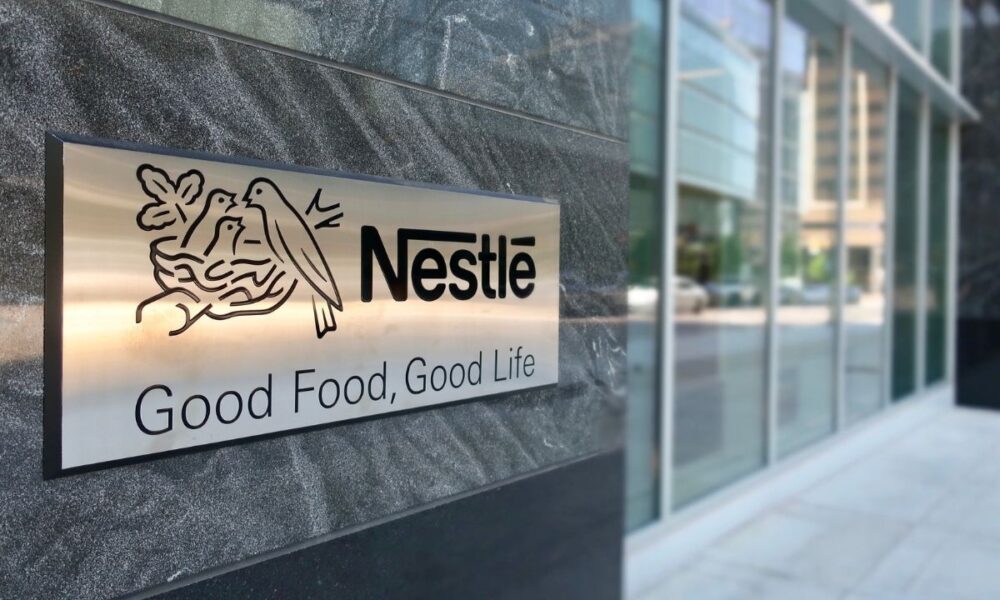Nestlé USA announced plans to eliminate artificial coloring from its food and beverage portfolio in the United States by mid‑2026, aligning with broader industry and regulatory shifts to phase out synthetic dyes.
The company said in a news release that over 90% of its current U.S. portfolio is already made without synthetic colors. Over the past decade, it has steadily reformulated items to exclude them.
Nestlé wrote in the release that this move was made as part of an “ongoing commitment to provide consumers with a range of high-quality, nutritious foods and beverages that reflect the diversity and choices that they want.”
This move follows a growing momentum led by U.S. health authorities to improve the nutritional value of everyday food and beverages.
In April, the U.S. Department of Health and Human Services and the U.S. Food and Drug Administration unveiled an initiative urging food manufacturers to begin phasing out petroleum‑based synthetic dyes.
Marty Thompson, CEO of Nestlé USA, wrote in the statement that customers “want choice and value shaped by a dynamic – and highly personal – combination of nutrition, quality, price and convenience.”
“Whether it’s an easy and nutritious family meal, an occasional snack, or a satisfying cup of coffee, we are always looking for different ways to offer great tasting, compelling choices for our consumers. As their diverse dietary preferences and nutritional needs evolve, we evolve with them.”
Nestlé USA has now joined multiple other brands throughout the U.S. to announce the removal of synthetic dyes.
As previously reported by The Dallas Express, In-N-Out recently stated that it would be removing artificial coloring from strawberry shakes and signature pink lemonade in an attempt to align with requests from the Food and Drug Administration.
Even more recently, General Mills announced plans to remove artificial dyes from products after Texas Attorney General Ken Paxton took legal action.
Moving forward, many hope that more companies will follow these companies’ leads and begin removing synthetic dyes from food and beverages.
A study conducted by the Associated Press found that 66% respondents were in support of restricting or reformulating processed foods to remove added sugars or dyes, with only 12% of respondents being against this move.


